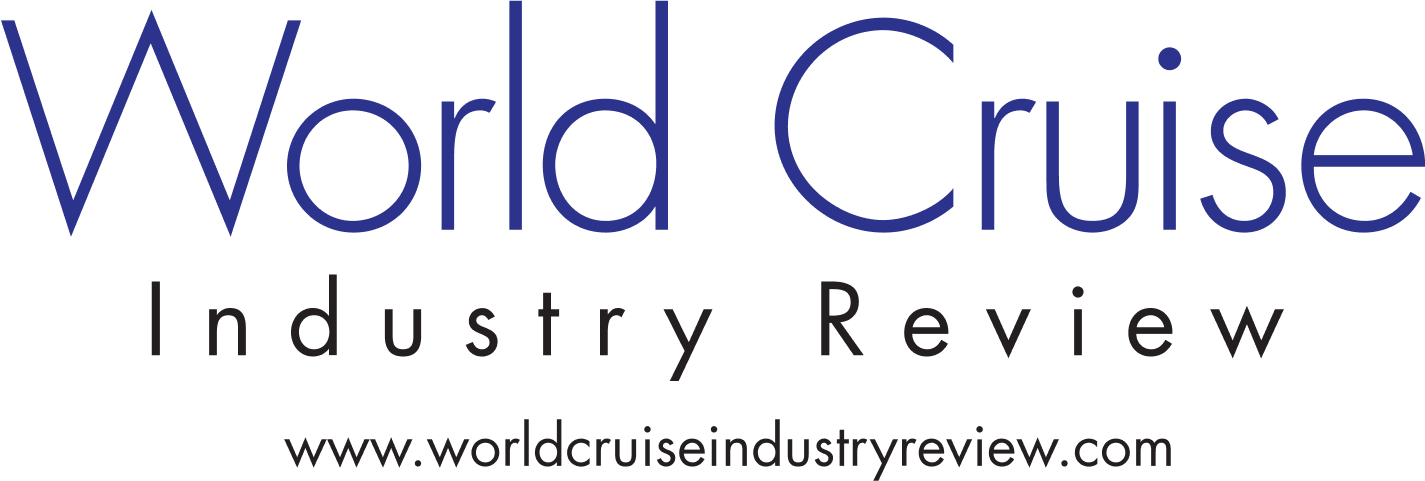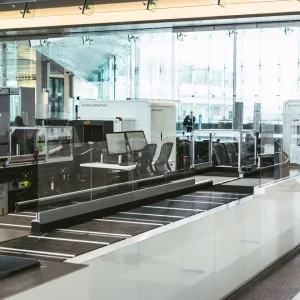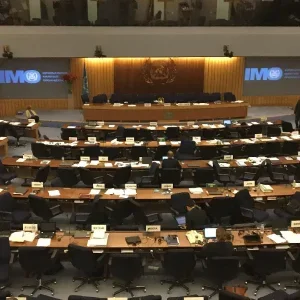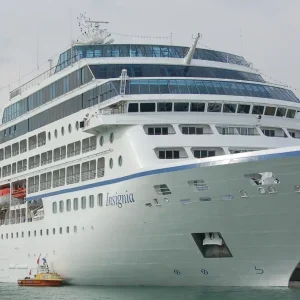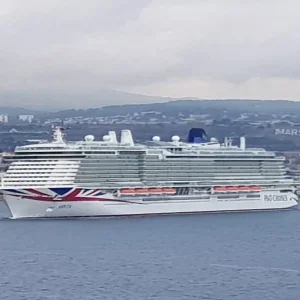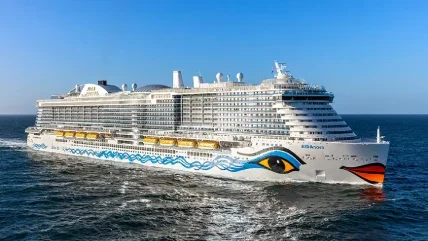
Freudenberg Sealing Technologies will act as a technology partner in the Pa-X-ell2 project, with the goal to develop a new generation of fuel cells for use on seagoing vessels.
In the future project on sustainable, CO2-free mobility at sea, the largest shipyard for the construction of cruise ships – Meyer Werft in Papenburg – and the global technology specialist Freudenberg Sealing Technologies intend to equip future generations of cruise ships with fuel cell propulsion. The first practical tests on board the cruise ship AIDAnova are planned as early as 2021.
Besides Meyer Werft, the project consortium includes Lürssen Werft, DNV GL, the German Aerospace Center, AIDA Cruises represented by Carnival Maritime GmbH, besecke and EPEA GmbH.
Shipping issue
The sustainable reduction of emissions have become an important issue in shipping. The global shipping industry, represented by the IMO (International Maritime Organization), has set itself a climate protection target. By the year 2050, greenhouse gas emissions are to be reduced by 50%.
In addition, emissions of exhaust pollutants are to be significantly reduced, especially in coastal waters. Already today, corresponding emission control areas and driving ban zones have been established or are even being extended in many coastal regions worldwide.
Last year, AIDAnova was the first cruise ship in the world to enter service with low-emission liquefied natural gas (LNG). The use of LNG is currently the most environmentally friendly solution in ship operation. As a result, the emission of fine dust and sulphur oxides is almost completely avoided and nitrogen oxides and CO2 emissions are reduced.
Growth in this segment continues unabated. According to the Cruise Lines International Association (CLIA), there are currently around 270 ships belonging to CLIA members worldwide.At less than 1%, the share of cruise ships in the global merchant fleet of about 90,000 ships is rather low. But tankers and cargo ships will also need to be converted to environmentally friendly propulsion and energy systems in the years to come.
Sealing the future
Freudenberg Sealing Technologies strategically supplemented and strengthened the know-how it has built up over decades by acquiring a fuel cell manufacturer at the beginning of 2018. At the same time, the company has also acquired important technological expertise in battery technology through its investment in the US battery manufacturer XALT Energy. In this way, the company has achieved an outstanding market position in the field of alternative and electric drives with the two future technologies batteries and fuel cells.
In cooperation with the other companies in the consortium, Freudenberg Sealing Technologies is taking part in the project to investigate the use of fuel cells with integrated fuel reforming on board future passenger ship generations. The fuel cell provides the capability of generating energy on board. It operates with low emissions, low noise and low vibrations. The fuel cell is powered by hydrogen, which is reformed from methanol. When used as an energy source, methanol also offers good properties in terms of storage volume.
After intensive onshore tests, the fuel cell from Freudenberg Sealing Technologies is to be tested for the first time on board of AIDAnova from AIDA Cruises starting in 2021. For this reason, the fuel cells will also be designed to last much longer than cells used in passenger cars. Initial tests have shown that a service life of more than 35,000 operating hours can be achieved.
